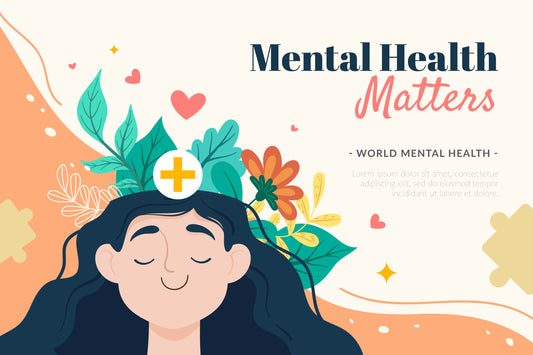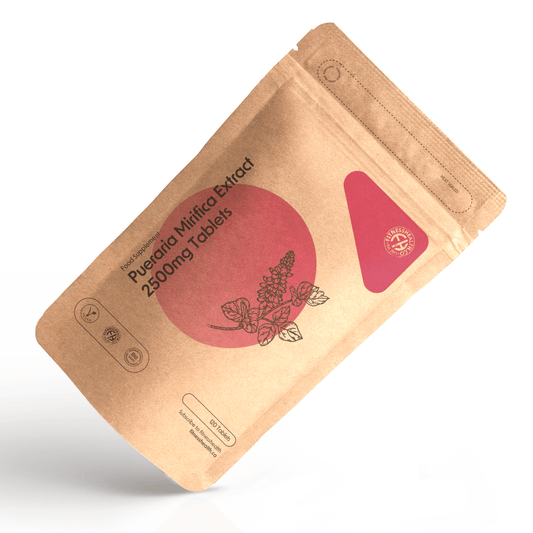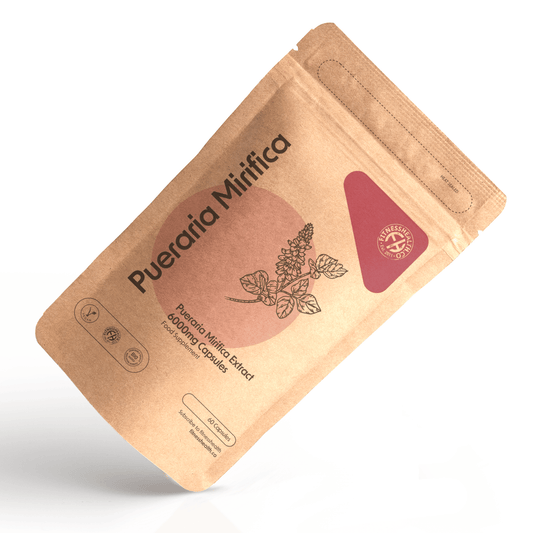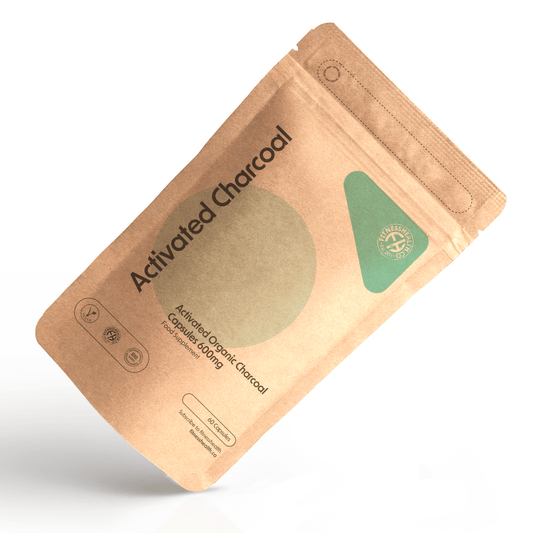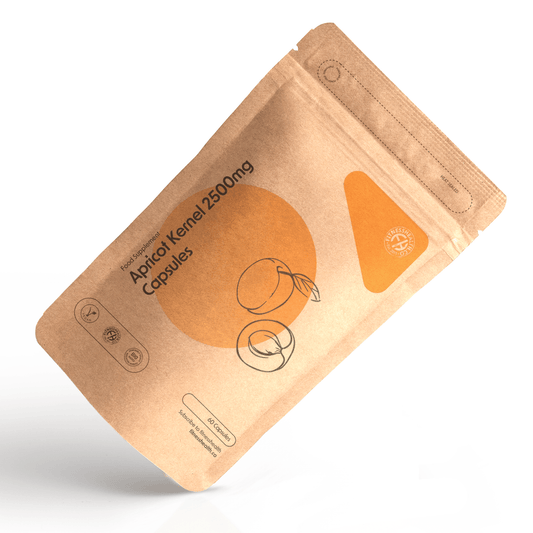Sweets, oh how we love them! From indulging in a decadent chocolate cake to savoring a scoop of creamy ice cream, there's no denying the irresistible allure of sugary treats. But have you ever wondered just how much sweets you can actually consume in a day without crossing the line of excess?
In this blog post, we will delve into the sweet truth and explore the recommended limits for daily sugar intake, the impact of excessive sugar consumption on our health, and practical tips for enjoying sweets in moderation. So, if you're a sweet tooth searching for a balanced approach to satisfy your sugar cravings, keep reading to discover the secrets behind finding the perfect sweet spot in your daily diet.

Understanding recommended sugar intake guidelines
Understanding recommended sugar intake guidelines is crucial to maintaining a healthy lifestyle. While we all have a sweet tooth from time to time, it's important to be mindful of how much sugar we consume on a daily basis.
The American Heart Association recommends a maximum daily sugar intake of 25 grams for women and 36 grams for men. This includes both naturally occurring sugars and added sugars.
Naturally occurring sugars are found in fruits, vegetables, and dairy products, and they provide essential nutrients along with sweetness. Added sugars, on the other hand, are sugars that are added to foods and beverages during processing or preparation.
These added sugars often contribute to empty calories without providing any nutritional value. It's important to note that sugar can be sneaky and hide in unexpected places, such as sauces, condiments, and even savory snacks.
Reading food labels and being aware of the ingredients can help you make informed choices about your sugar intake.
One effective way to reduce your sugar consumption is to opt for whole, unprocessed foods whenever possible. Choosing fresh fruits instead of sugary snacks, and drinking water or unsweetened beverages instead of soda, can make a significant difference in your overall sugar intake. While it's okay to indulge in sweet treats occasionally, moderation is key.
Being mindful of your sugar intake and making conscious choices can help you enjoy the sweetness while also prioritizing your health and well-being. Remember, a little sweetness goes a long way.
The impact of excessive sugar consumption on health
Excessive sugar consumption has become a major concern in our modern society. With the abundance of sugary treats available and the temptation to indulge, it is crucial to understand the impact that excessive sugar consumption can have on our health.
One of the most significant consequences of consuming too much sugar is weight gain. Sugar is high in calories but low in nutrients, which means that it provides empty calories that can quickly add up. Consuming excess sugar can lead to an increase in body weight, which in turn can contribute to the development of obesity and related health issues such as diabetes, heart disease, and certain types of cancer. Furthermore, excessive sugar consumption can wreak havoc on our oral health. The bacteria in our mouths thrive on sugar, which leads to the production of acids that attack our tooth enamel. This acid erosion can eventually lead to tooth decay and cavities, causing discomfort and potentially requiring costly dental treatments.
Another detrimental effect of excessive sugar consumption is its impact on our energy levels and mood. While sugar can provide a temporary energy boost, it is often followed by a crash, leaving us feeling tired and lethargic. Moreover, research suggests that high sugar intake may contribute to an increased risk of mental health issues, such as depression and anxiety.
Additionally, consuming too much sugar can disrupt our body's natural insulin production, leading to insulin resistance and potentially developing into type 2 diabetes. This chronic condition affects the body's ability to regulate blood sugar levels, further increasing the risk of various health complications. It is essential to be mindful of our sugar intake and strive to make healthier choices. Reading food labels and being aware of hidden sugars in processed foods can help us make informed decisions.
Opting for natural sweeteners like fruits or using alternative sweeteners in moderation can be a healthier option. It is also crucial to practice portion control and enjoy sweets as an occasional treat rather than a daily indulgence. In conclusion, excessive sugar consumption can have detrimental effects on our health, impacting our weight, oral health, energy levels, and overall well-being. Being aware of the sweet truth about sugar and making conscious choices can help us maintain a balanced and healthier lifestyle.

Practical tips for enjoying sweets in moderation
While it's understandable that we all have a sweet tooth and enjoy indulging in desserts and sugary treats, it's important to keep in mind the recommended daily intake of sweets to maintain a healthy lifestyle. But that doesn't mean you have to completely give up sweets!
Here are some practical tips for enjoying sweets in moderation.
1. Portion control: Instead of having a large slice of cake or a whole chocolate bar, opt for smaller portions. Savor a small piece and truly enjoy the flavors without overindulging.
2. Choose quality over quantity: Instead of reaching for cheap, sugary snacks, opt for high-quality sweets that are made with real ingredients. This way, you'll be satisfied with a smaller portion and avoid consuming excessive amounts of sugar.
3. Mindful eating: Pay attention to your body's signals and eat sweets when you truly want them, rather than mindlessly snacking. Take the time to savor each bite and enjoy the experience.
4. Balance your diet: Ensure that you're incorporating a variety of nutritious foods into your daily meals. This way, you can enjoy sweets as an occasional treat without compromising your overall health.
5. Plan ahead: If you know you have a special occasion or an event coming up where sweets will be abundant, plan your meals and snacks accordingly. Prioritize healthier options during the day to leave room for a small indulgence later. Remember, moderation is key when it comes to enjoying sweets. By implementing these practical tips, you can still satisfy your cravings while maintaining a well-balanced and healthy lifestyle.
Conclusion.
In conclusion, while sweets can be a delightful treat, it's important to consume them in moderation. The recommended daily intake of added sugars for adults is no more than 6 teaspoons or 25 grams, according to the American Heart Association. This guideline encourages a balanced approach to our sweet tooth cravings, allowing us to enjoy sweets without compromising our overall health.
Remember, it's not just about the quantity but also the quality of the sweets you consume. Opt for healthier alternatives like fresh fruits or homemade desserts made with natural sweeteners. Additionally, be mindful of portion sizes and try to savor each bite, rather than mindlessly indulging.
Ultimately, finding a balance that works for you is key. By being aware of your sugar intake and making conscious choices, you can still enjoy sweets as part of a healthy lifestyle. So go ahead and treat yourself to that occasional slice of cake or a small bag of candies, but always keep in mind the sweet truth about moderation.




